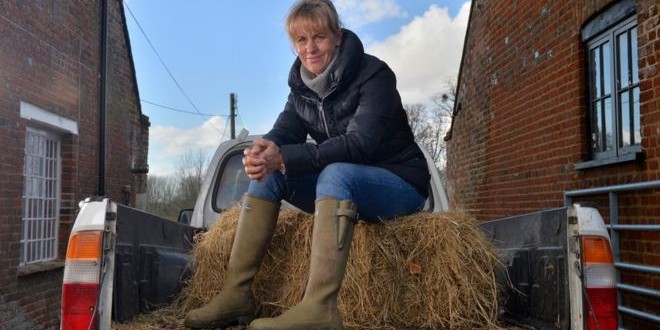The NFU has released its vision for a sustainable, profitable and progressive future for farm businesses in response to Defra’s consultation on a domestic agriculture policy which closes today.
The response makes the case for a policy that allows British people to enjoy more British food whatever their income. The NFU has said the foundation of this policy is a partnership between farmers and Government – a partnership where farmers are empowered to design and deliver change.
The NFU has laid emphasis on the three cornerstones it believes should not only be central to the future of farm policy but any transition period also. Those cornerstones, as published in its vision report last year, are productivity, volatility and environment.
NFU President Minette Batters, pictured above, said: “We are now on the cusp of a pivotal moment, as we leave the Common Agricultural Policy and once again take sovereign control of our agricultural affairs.
“I am clear on what success will look like. I want British farmers and growers to remain the number one supplier of choice to the UK market, and I want British people to be able to enjoy more sustainable, quality, affordable British food at a range of different prices that suit all incomes.
“A future farm policy could uplift British farming’s ability to produce food for the nation, giving us greater security in the supply of safe, traceable and quality British food that the public trust. The policy could further enhance our reputation for high-welfare British food, which delivers for the environment, across the world.
“Caring for our iconic countryside and supporting investment and growth in rural areas is part of the unique and irreplaceablerole that British farming plays in society. It’s the bedrock of the UK’s largest manufacturing sector, food and drink, which provides 3.8 million jobs and contributes £112 billion to the nation’s economy.
“We’re making the case for a policy that respectsthe vital work of farmers as food producers, but also in delivering goods for wider society, and for this to be rewarded fairly. Without this, we cannot expect to enjoy the benefits that come from sustainable, profitable and progressive farm businesses.”




